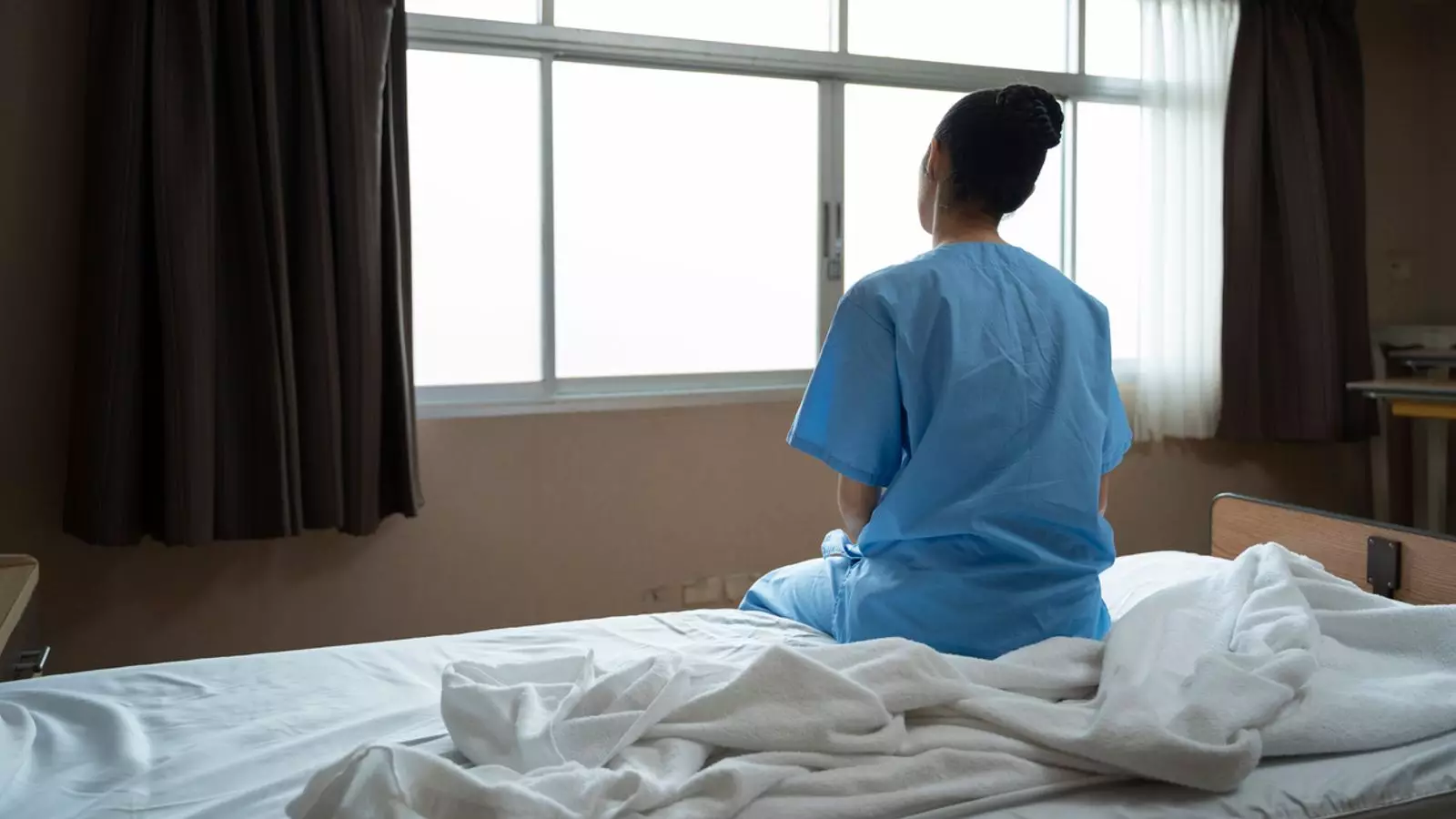The recent investigation conducted by Sky News and the Independent Patient 11 podcast revealed a shocking number of sexual abuse complaints within mental health inpatient wards in England. The report uncovered nearly 20,000 new cases of sexual abuse, harassment, and rape involving both patients and staff across more than 30 mental health trusts since 2019. This alarming discovery has prompted Rape Crisis England & Wales (RCE) to call for a public inquiry into the issue.
RCE has described the current situation as “appalling” and “alarming”. The organization is not only urging for a public inquiry but also demanding the appointment of a minister responsible for the safety of women on mental health wards. Additionally, RCE is advocating for women-only wards and the provision to allow victims to give evidence. Chief Executive Ciara Bergman emphasized the need for major intervention and leadership to prevent sexual violence and abuse from being accepted as inevitable.
Despite previous reports highlighting the safeguarding issues within mental health facilities, very little has changed according to RCE. The organization has been raising concerns within the health system for years, stressing the need for a significant shift in approach. The lack of progress in addressing these issues has left women and girls feeling vulnerable and unsafe while seeking mental health treatment.
One of the major concerns raised by RCE is the lack of clarity regarding the ultimate responsibility for sexual safety on mental health inpatient wards. The government and health leaders have failed to provide clear guidelines and enforce safeguarding standards across all NHS trusts. This lack of accountability has contributed to a culture where sexual abuse can go unchecked and unreported.
Former patient Alexis Quinn, who shared her story of escaping psychiatric care following sexual assault, emphasized the need for political will and leadership to address the scandalous situation. Quinn echoed RCE’s call for co-produced solutions that target positive culture change within mental health facilities. It is essential for government officials and health leaders to prioritize the safety and well-being of all individuals receiving mental health treatment.
Despite the calls for a public inquiry, the Department of Health and Social Care did not respond directly to RCE’s request. However, a spokesperson reiterated the department’s commitment to zero tolerance for sexual assaults within NHS services and facilities. The NHS has also taken steps to implement the NHS sexual safety charter, which aims to provide clear reporting mechanisms and support for staff members to address sexual misconduct effectively.
Both the government and NHS have emphasized the importance of providing safe, high-quality care to individuals receiving treatment in mental health facilities. Measures such as segregated sleeping accommodations and bathroom facilities for patients have been implemented to ensure their safety and well-being. The Health Services Safety Investigations Body has also launched a national investigation into mental health inpatient settings to address the overarching issues of sexual violence and abuse.
The recent revelations of sexual abuse within mental health inpatient wards highlight the urgent need for systemic changes and accountability. It is crucial for government officials, health leaders, and mental health professionals to work together to create a safe and supportive environment for all individuals seeking treatment. Only through collective action and unwavering commitment to safeguarding can we prevent future instances of sexual violence and abuse within mental health facilities.



Leave a Reply